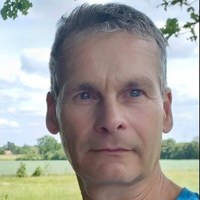
Prof. André Nies
School of Computer Science
University of Auckland
Private Bag 92019
Auckland 1142
New Zealand
andre_at_cs_dot_auckland_dot_ac_dot_nz
| Andre Nies |

|
Prof. André Nies School of Computer Science University of Auckland Private Bag 92019 Auckland 1142 New Zealand andre_at_cs_dot_auckland_dot_ac_dot_nz |